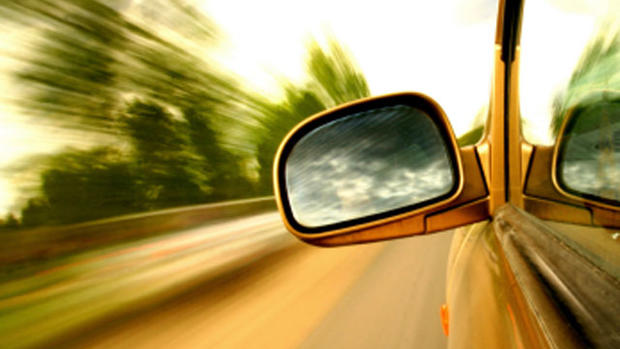Study: One-fifth of designated drivers impaired behind wheel
Designated drivers don't necessarily abstain from drinking.
A new study revealed 40 percent of designated drivers consume alcohol in some amount before driving, with about one-fifth of them drinking to the level that could impair their skills.
The study, which was published in the July issue of the Journal of Studies on Alcohol and Drugs, looked at 1,071 bar patrons -- 165 of whom were designated drivers -- over a 3-month period. The majority of the patrons were white male college students.
Currently, the legal limit is a blood or breath alcohol concentration (BAC/BrAC) of 0.08 g/210 L. However, the authors pointed out that studies have shown that people's skills begin to become slightly off at 0.02 g/210 L, while the skills of people who reach 0.05 g/210 L and above are clearly impaired.
Earlier in May, federal accident investigators recommended to U.S. states that the drunk driving limit be lowered from 0.08 to 0.05 given the potential for impairment. More than 100 countries have already lowered their alcohol standards to the reduced number, and it has led to significantly lower rates of highway deaths.
According to Loyola University Maryland, a 150-pound male who had one drink can expect a BAC of 0.029, but at two drinks he'll have a BAC of 0.058. Three drinks would put him over the legal limit at 0.087. A woman who weighed the same, would be at 0.034, 0.068 and .101 after one, two and three drinks respectively. Time can slowly reduce blood alcohol levels.
About 40 percent of the designated drivers in the study had something to drink. After being given breath tests, about 17 percent had blew a 0.02 to 0.049 reading. Eighteen percent had a BrAC of 0.05 or higher, suggesting impairment.
In addition, the study authors administered an Alcohol Use Disorders Identification Test-consumption (AUDIT), which looked at the changes in alcohol-related behaviors among people of different impairments. The designated drivers who blew a 0.05 or higher had a significantly different score than designated drivers who had abstained or had lower levels of intoxication, meaning they had changes in their psychomotor functions and driving abilities.
Adam Barry, an assistant professor of health education and behavior at the University of Florida in Gainesville, explained in a press release that people often drink until they feel a "buzz." However, you may already have impaired driving and motor skills before this feeling settles in, he said.
"People do try to use that as a measuring stick," he said. "But alcohol is insidious."
He advocated for designated drivers to not drink at all, especially because taking home a car full of drunk people can be hard enough.
"They may be loud, or start roughhousing. They're a distraction," Barry pointed out.
E. Scott Geller, a professor who studies alcohol use at Virginia Tech, suggested to HealthDay that there should be rewards for designated drivers who don't drink, such as an incentive at a party for people who can prove they have an 0.00 g/210 L level.
"We should not trust a designated driver to be sober," he said.

